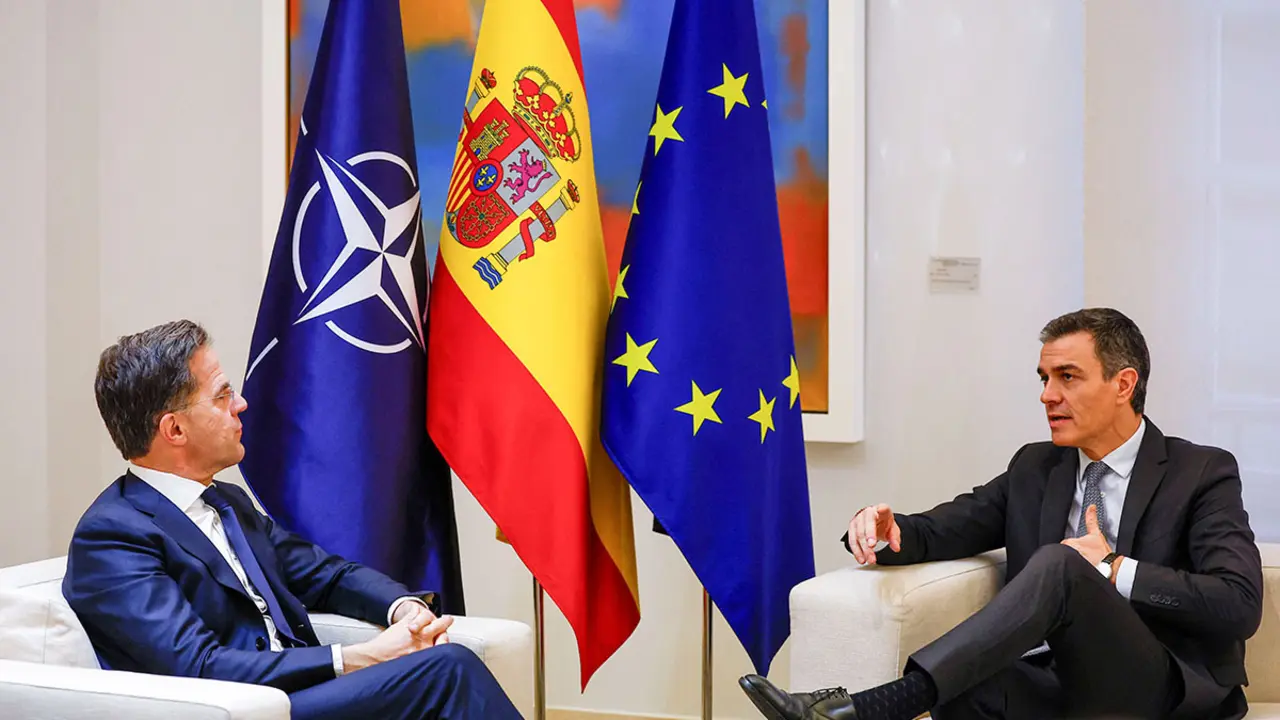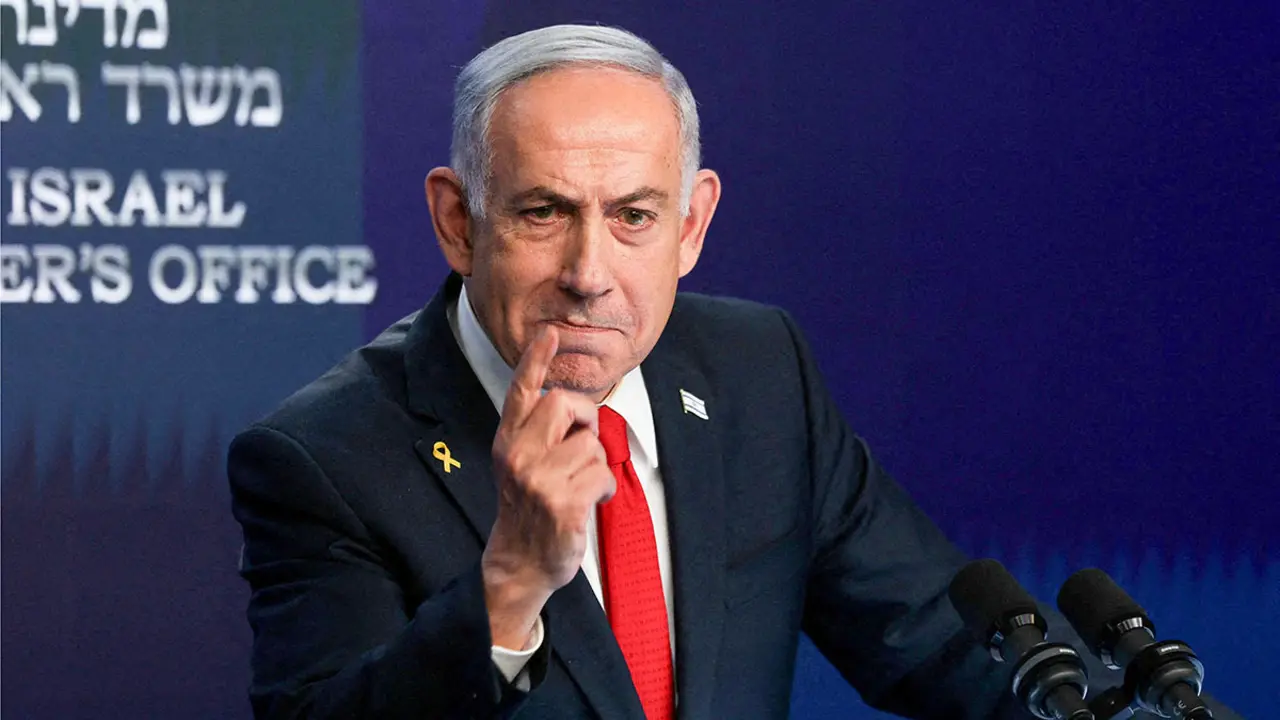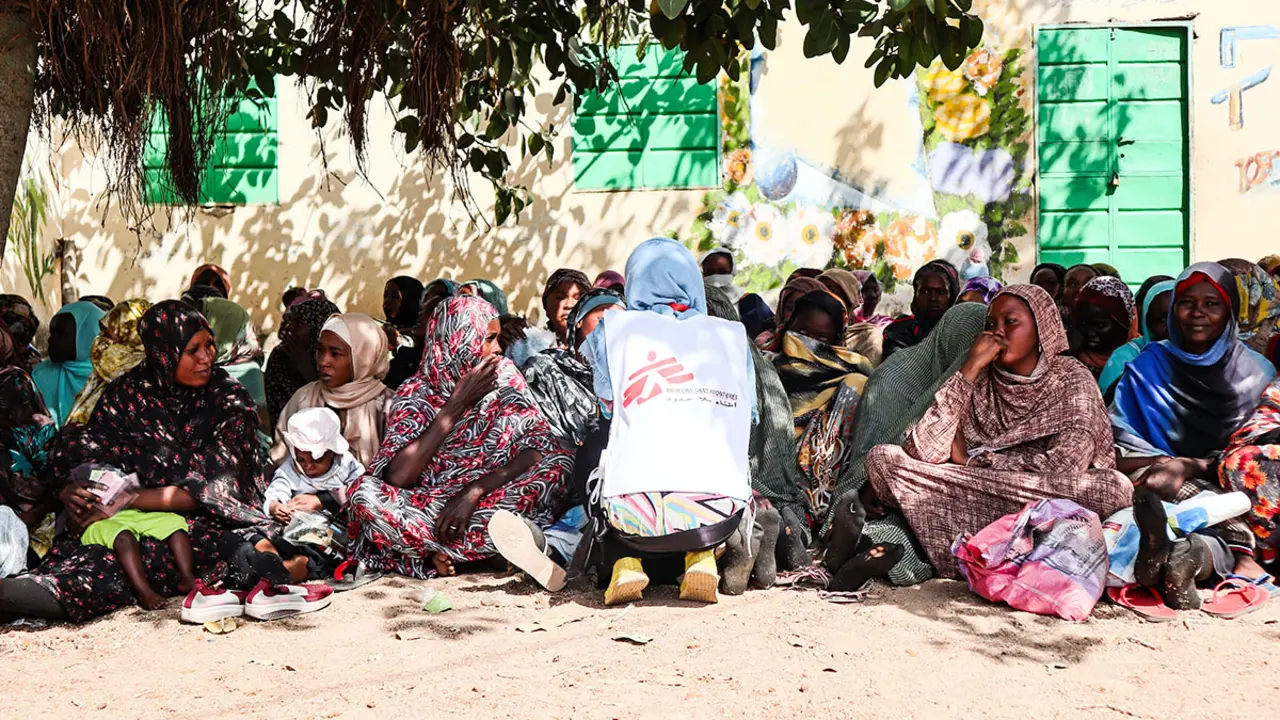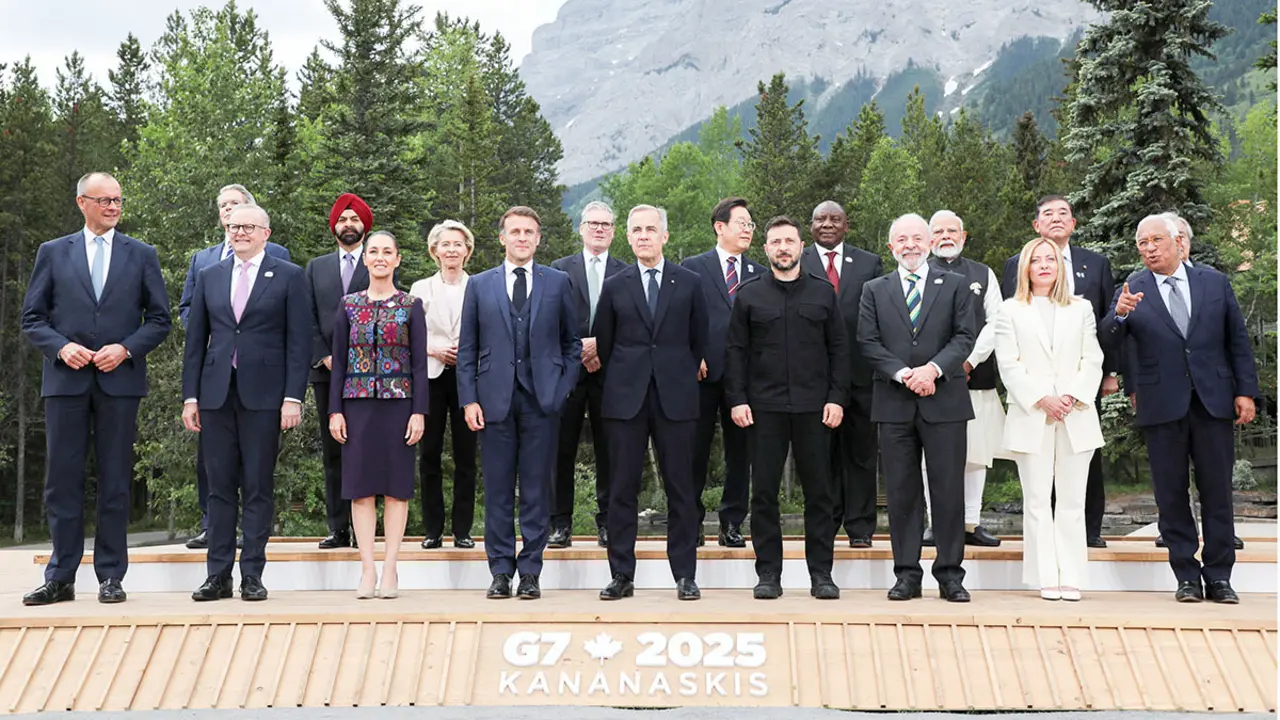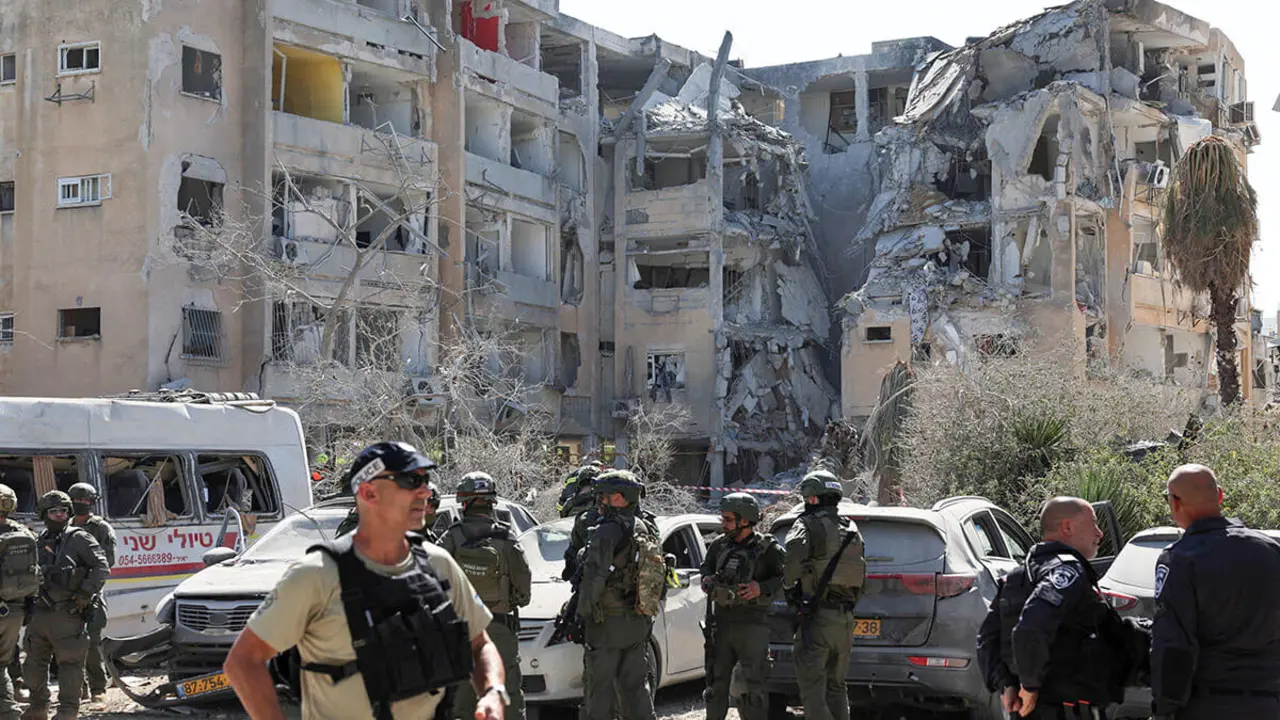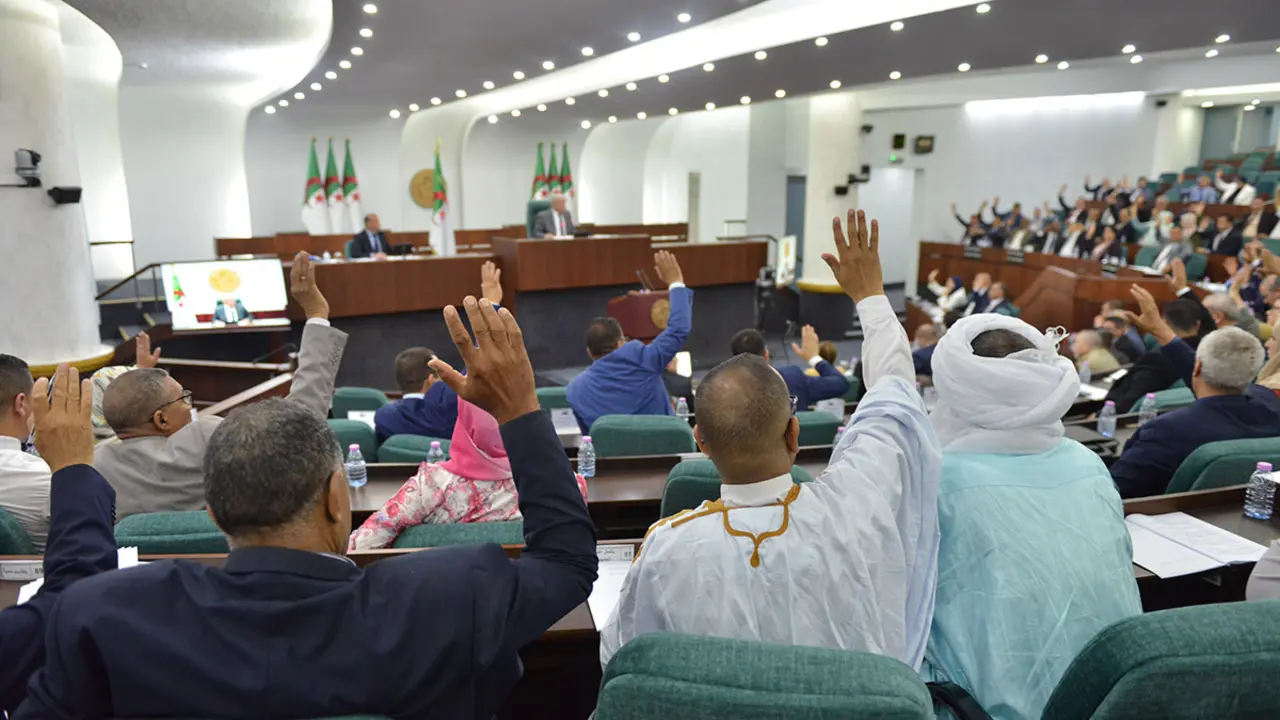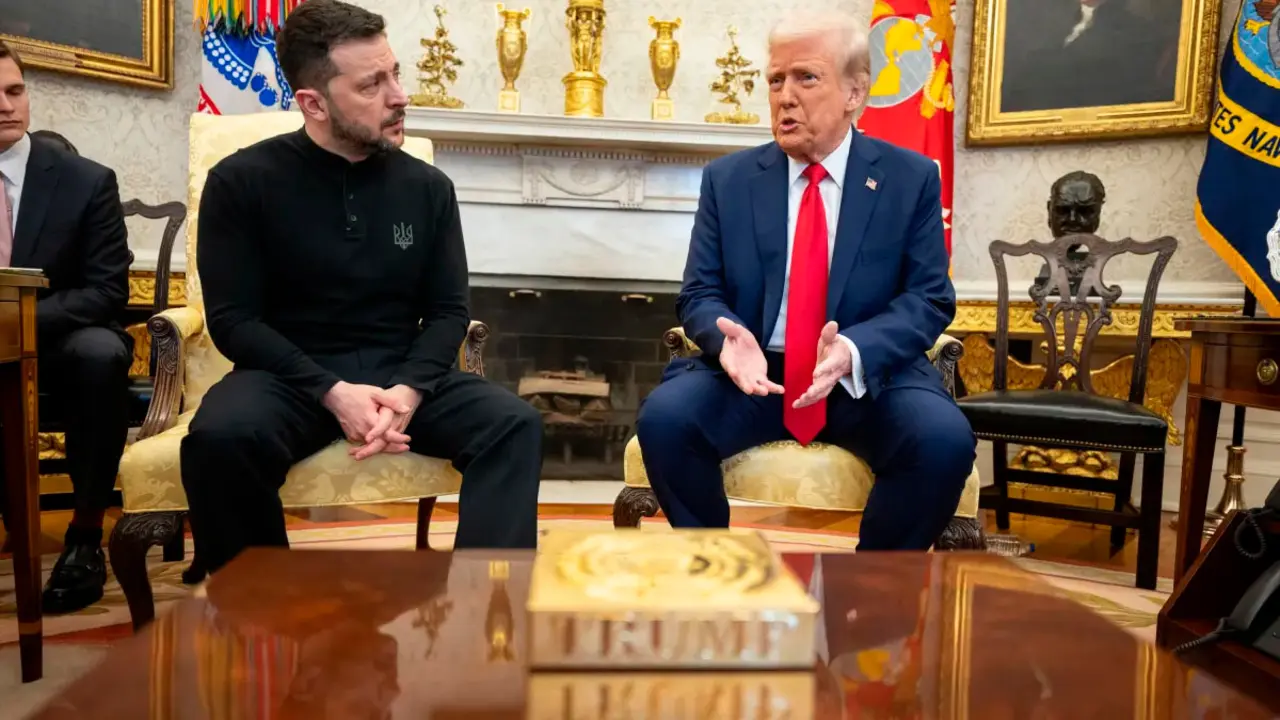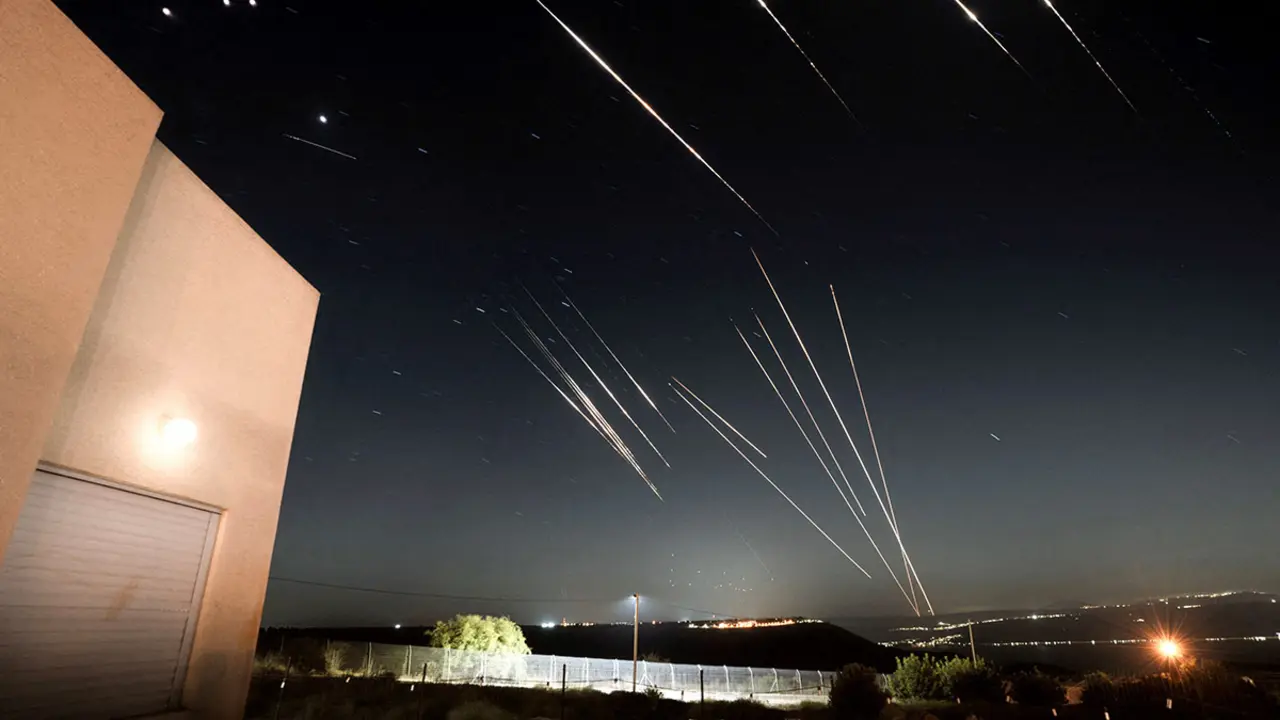Von der Leyen: "It is not the time to withdraw support for the economy because of the pandemic"

Normally, the State of the Union Address would have been held in Strasbourg, but the COVID-19 pandemic has moved all events to Brussels and there, in the European Parliament, Commission President Ursula von der Leyen gave her first speech after almost eleven months in office.
The speech, which lasted just over an hour, focused on the coronavirus and the economic, health, political and social consequences it has had on the continent, in addition to issues such as Brexit, transatlantic relations and compliance with the rule of law.

"People in Europe are still suffering", said Von der Leyen, who called on countries to "continue to treat this pandemic with extreme care, responsibility and unity", and proposed the creation of a "strong European Health Union" by holding a world summit on health and rethinking the distribution of competences with states in health matters. The President called for a debate on whether to give the European Union in health matters, and assured that "this is not the time to withdraw support for the economy because of the pandemic".
Protecting Europeans has been the argument of the intervention, and to this end the President announced the proposal on minimum wages, a new strategy for the future of Schengen, and promised "not to leave anyone behind in our great transition", on the EU Green Deal, after reporting that they will increase the emissions reduction target from 40% to 55%, with the aim of moving towards climate neutrality in 2050. This is why the Recovery Fund will spend more than a third of the money on energy transition, said Von der Leyen. Approximately 60% of the recovery fund will go to the sum of the Green Pact (37%) and the Digital Agenda (20%) so that the health crisis has not diverted the Commission from its two priorities of a year ago. The creation of a 'European cloud' on the internet and an eight billion euro investment in European technology are some of the announcements made by the President of the Commission as part of the Digital Agenda.
An important part of the speech was based on the Next Generation Eu - an instrument to support Member States in their recovery, proposed by the European Commission in May this year. Von der Leyen proposed that 30% of the 750 billion of this programme be raised through 'Greenbonds', and recalled that Next Generation does not only consist of economic funds, but is also a cultural movement.
Quoting Margaret Thatcher, Von der Leyen stressed that the United Kingdom can't "unilaterally" change or breach the Brexit agreement. "Britain does not break treaties. It would be bad for Britain, bad for her relations with the rest of the world and bad for any trade treaty", said the 'Iron Lady' on 16 April 1975 and the Commission President has repeated.

Von der Leyen recalled that, despite Britain's departure from the Union, the affection for the British people "will never die out". The EC President said that the UK's withdrawal agreement took three years to negotiate and that the outcome guaranteed the rights of citizens, financial interests and the integrity of the single common market, and was "crucial" to the Good Friday agreement signed in 1998 to end the conflict in Northern Ireland. So Boris Johnson's decision to break international agreements was not welcomed in Brussels.
As for the European Union's foreign policy, Von der Leyen stated her intention to strengthen the transatlantic agenda with the United States "come what may" in the November elections. "We are ready to build a new transatlantic agenda, to strengthen our multilateral partnership, whether on trade or taxation, and to work together to reform the international system we have built together," the President told to the Parliament.
"We may not agree with recent White House decisions, but we will always cherish the transatlantic alliance based on shared history and values, and the unbreakable bond between our peoples," Von der Leyen remarked, although she did show her opposition to the nationalist stance on the US vaccine: "We know that a vaccine nationalism puts lives at risk, only a cooperative vaccine will save lives".
Beyond the relationship with the United States, Von der Leyen addressed the relationship with China: "The relationship between the EU and China is both one of the most important strategically and one of the most challenging," noting that both "promote very different systems of society. Russia also received a mention from the President of the Commission, who addressed "those who are asking to strengthen ties with Russia" and warned that the poisoning of the Russian opponent Alexei Navalani is part of a way of acting that has been seen before in Ukraine or Georgia.

The territorial conflict between Turkey, Greece and Cyprus in the eastern Mediterranean was also briefly referred to and he recognised that, although Ankara "will always be an important partner", "nothing justifies attempts to intimidate its neighbours". Von der Leyen wanted to show her support for "our Member States, Greece and Cyprus", who "can always count on full European solidarity in protecting their legitimate sovereignty rights".
On the same day, Parliament adopted a resolution calling on the EU to strengthen its missions in Africa and West Africa, as well as calling for a new approach to the region and greater coordination in North African countries to promote peace and reconciliation in Libya
"Being yourself is not your ideology: it is your identity, and no one can take it away from you. LGBT-free zones are zones without humanity, and have no place in our Union," said Von der Leyen, referring to Poland and its homophobic and discriminatory drift. The EC President also stressed the need to combat racism and announced the launch of "an action plan" that will propose extending the list of "hate crimes" to include those motivated by race, religion, gender or sex.

On the issue of migration, she announced that further progress would be made on the plan due to be presented next week. Migration management is an area that has caused divisions among member countries since the crisis of 2015. "Saving lives at sea is not optional," stressed Von der Leyen, who mentioned the EC's willingness to help build a new refugee camp in Moria after last week's fire.

